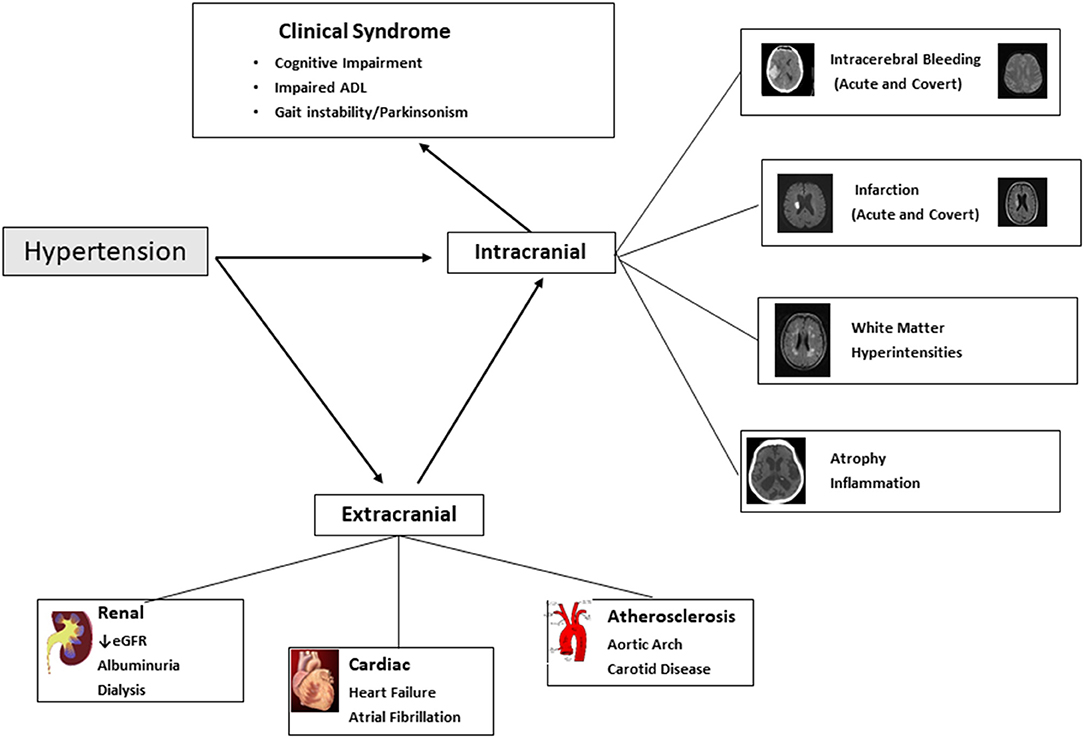
New Research Associates Heart Rhythm Complexity with Reduced Cognitive Decline
A pioneering study from Mass General Brigham has introduced an exciting new method for identifying early indicators of cognitive decline by examining the body’s heartbeat. Featured on May 7 in the Journal of the American Heart Association, the findings propose that the inherent complexity of an individual’s heart rhythm may act as an early predictor of how well cognitive functions and memory are maintained over time.
In contrast to conventional metrics such as average heart rate or standard heart rate variability (HRV), the research utilized a novel analytical technique known as distribution entropy. This sophisticated mathematical method reveals subtle, organized fluctuations in heart rhythms—essentially measuring how unpredictably (yet intentionally) an individual’s heart beats. Increased complexity within this rhythm is associated with enhanced brain health.
Bridging the Heart and the Mind
“Heart rate complexity is a defining characteristic of healthy physiology,” remarked senior author Peng Li, PhD, from Massachusetts General Hospital and Brigham and Women’s Hospital. “Our cardiovascular system must dynamically adjust between stability and flexibility, mirroring our internal state and surrounding environment.”
The research team tracked 503 adults with an average age of 82, capturing their pulse patterns through non-invasive fingertip sensors overnight. Over a span of 4.5 years, these participants underwent continual cognitive assessments to evaluate memory, attention, and processing speed.
While the link between cardiovascular well-being and cognitive function has long been recognized—particularly regarding conditions like hypertension or atherosclerosis—this study investigated a more nuanced physiological sign: heart rhythm complexity.
Key Insights on Heartbeat Complexity and Cognitive Acumen
The research unveiled multiple significant associations between heart rhythm traits and cognitive performance:
– Elderly individuals exhibiting higher pulse rate complexity experienced slower cognitive decline.
– Participants with more intricate rhythms retained cognitive and memory capabilities akin to someone roughly three years younger.
– This complexity metric surpassed traditional HRV in forecasting cognitive shifts.
– High complexity provided the most pronounced benefits to memory-related functions.
– The correlation remained strong even when controlling for other health issues such as diabetes, hypertension, and sleep disorders.
Differing from basic heart rate assessments, distribution entropy offers a more profound analysis of how effectively the autonomic nervous system is functioning. This system regulates involuntary processes—like respiration, digestive functions, and heart rate—that are essential for cognitive health.
Consequences for Early Detection and Healthy Aging
“These discoveries emphasize heart rate complexity as a valuable, noninvasive indicator of nervous system adaptability,” stated lead author Chenlu Gao, PhD. “It could lead to new approaches for monitoring cognitive health in older adults.”
The autonomic nervous system is crucial in brain performance by managing blood flow to the brain, stress hormone levels, and sleep quality—all of which are closely linked to learning and memory capabilities.
What is remarkable about this method is its ease: The assessments utilize overnight data from fingertip pulse sensors, providing an accessible and practical approach for older adult demographics. If further validation occurs, these insights could facilitate the widespread adoption of heart rhythm complexity as a screening technique for early indicators of dementia or cognitive decline.
The Importance of Internal Variability
A healthy heart does not maintain a uniform beat. Rather, its rhythm constantly adapts to variations in posture, emotional state, breathing patterns, and other bodily factors. This adaptability results in a complex yet systematic pattern that signifies physiological robustness.
When this complexity diminishes, it could indicate a reduced flexibility of the autonomic nervous system, impairing the body’s ability to manage stressors or uphold equilibrium—a process that may extend to cognitive functions. In this study, reduced complexity was noted to precede subtle cognitive shifts, functioning as a potential early warning system for neurological deterioration.
The Path Forward for Brain-Heart Monitoring
This research opens avenues for incorporating a simple overnight heart monitoring assessment within future routine screenings for cognitive decline—particularly for at-risk populations. It also encourages further examination of how interventions (like physical exercise, meditation, or medications affecting the autonomic nervous system) might enhance both cardiovascular complexity and cognitive health.
Ultimately, the findings reinforce a fundamental concept in integrative medicine: the interconnection between heart and brain health. As our understanding of these relationships expands, so does the opportunity for earlier intervention—before significant symptoms manifest—equipping individuals with tools for graceful aging, both mentally and physically.
Support the Science That Benefits You
As researchers continue to uncover transformative insights such as these, independent and accessible science journalism is crucial for keeping the public updated. If you found this article insightful, consider supporting initiatives aimed at providing accurate and impactful medical reporting.
Together, we can ensure that breakthroughs like this reach those who need them most, rather than being confined to the lab.
For complete access to the research, read the study published in the Journal of the American Heart Association.